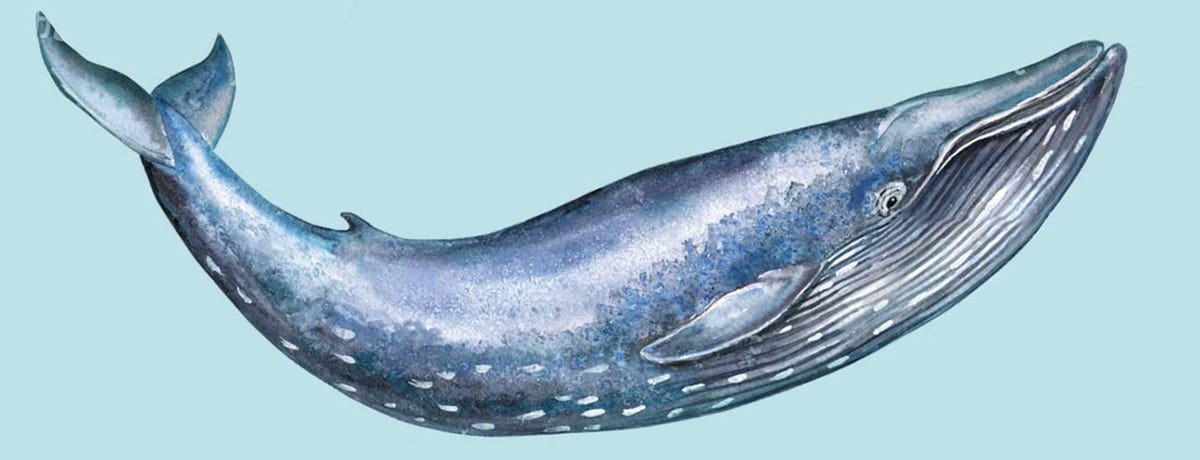I need you to empathize and live a little! Put yourself in the shoes of a bigwig capitalist facing societal collapse. Ice caps melting, pandemics persisting, and you’re still in charge of a multibillion-dollar portfolio. Ugh, what to do?
If you’re Cathie Wood, founder of ARK Invest, an investment management firm that’s seen the total value of assets under their management shrink from $50 billion to $15.9 billion in the span of a year, you go to your pulpit and extol the virtues of innovation qua innovation:

Ah, yes, innovation solves unnamed “problems,” as though the issues of the past two years have nothing to do with the “innovations” already spawned in the past few decades.
This isn’t an unusual overture for Wood et ilk. Here’s how ARK describes itself:
ARK recognizes that disruptive innovation causes rapid cost declines, cuts across sectors, and spawns further innovation. Through an iterative investment process, combining top-down and bottom-up research, ARK aims to identify innovation early, capitalize on the opportunities, and provide long-term value to investors.
To which I, a person with a newsletter with “innovation”-related branding, respond, uhh wut?
ARK would retort with weapons-grade tautology. According to one of its swanky whitepapers, “disruptive innovation” entails “the introduction of a technologically enabled product or service that changes an industry landscape by creating simplicity and accessibility while driving down costs.” It must meet the following criteria:
Experience significant cost declines and unleash waves of incremental demand
Cut across sectors and geographies
Serve as a platform atop which additional innovations can be built
In other words, this definition approaches innovation as an obligatory rat race. One which stipulates greater demand—and, one can infer, consumption—in order to be defined as positive progress. These definitions of innovation will ruin us.
Researcher and writer Adrienne Bueller casts light on the ecological harm of “innovations” in her excellent The value of a whale: On the illusions of green capitalism. Relatively new financial instruments fuel capitalism’s inadequate and smarmy response to climate change.
If you’ve done any investing in the past few years (congrats), then you’ve probably heard of index funds or ETFs (more or less synonyms). Both are a basket of shares in different companies that meet certain core criteria: a geography, an industry, etc. They’re a “passive” investment insofar as asset managers aren’t tinkering with the money you’ve handed over to them, placing them into specific companies. Instead, the performance of the stock bundle is an aggregate of how the companies within the index are doing. Here’s more info if you’re passionate about finance :)
Passive investment has taken off in the past few years; it’s tripled in size since 2015, and, in 2019, assets under management through passive investment overtook those of active investment for the first time.
This form of investing has been hailed as an “innovation” due to its relative economies of scale. It makes the act of investment cheaper, as individual investors don’t need to hire specific asset managers to make their money make more money. Burgeoning wealth-management startups like Wealthfront bill their investment services, which involve investing in ETFs, as a way to “democratize” complicated financial services.
But, in reality, this “innovation” has done the opposite of democratization. Due to how corporate and shareholder laws work, the three largest providers of ETFs—BlackRock, Vanguard, and State Street—held collectively, by the beginning of 2020, on average a 22% stake in each S&P 500 company (an index of 500 large publicly traded companies in the US). And while the people who purchase ETFs get the monetary returns of dividends and stock buybacks and so forth, the ETF providers retain the voting rights of the assets, meaning these multi-trillion-dollar companies retain decisive voting power in almost every major company worldwide. And despite greenwashy press releases, these providers vote with what corporations’ directors want 98% of the time, helping keep incumbent ambitions and executives in power. So much for “solving problems!”
Innovation qua innovation is also an alluring and addictive concept. A sort of “right-on-time” delivery for the arc of justice: a technologized faith in humanity’s ability to prevent collapse at the very last minute. Cinematic stuff à la Mission Impossible or Marvel. At this current juncture, that means believing that carbon capture or geoengineering will solve everything before permafrost bubbles and wildfires burn forever, rather than opting for a lower-risk catastrophe-prevention strategy of making billionaire status illegal, undertaking a centralized decarbonizing push, and having less stuff.
What would it mean to take ARK Invest’s definition of “disruptive innovation” and actually do the opposite? To use fewer technologies, to create sudden decreases in demand, make things hyperlocal, and further fuel disinvestment? Not just encourage the dissolution of Cathie Wood’s ARK Invest, but also that of pulpit-hellscapes like Twitter, too? Bringing back the local forum so I can play bocce with my neighbors and talk about the loud trucks?
In other words, to make this ~*divine*~, innovation needs more immanence, less transcendence. Here-and-now-ness rather than ~*synergizing*~ corporate returns.
A canary in the coal mine: we should expect aesthetics to be a slippery spearhead for that kind of shift. Perhaps Dimes Square Catholic abundance will be flipped on its head to make asceticism a means to accrue social capital. Austerity, chic. But if we only look left and right—as long as looking up and agitating against pinnacles of power is a potentially lethal practice—de-innovation may literally assume a garb, but translate to few gains in atmospheric terms. Look up to the skies! The answers are there.
Divine Innovation is a somewhat cheeky newsletter on spirituality and technology. Published once every three weeks, it’s written by Adam Willems and edited by Vanessa Rae Haughton. Find the full archive here.






